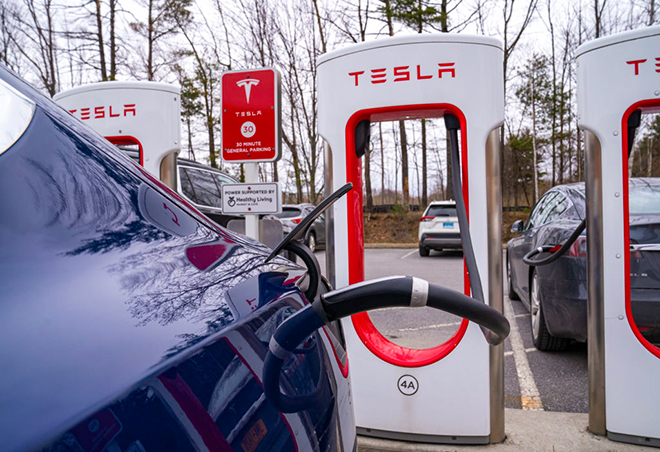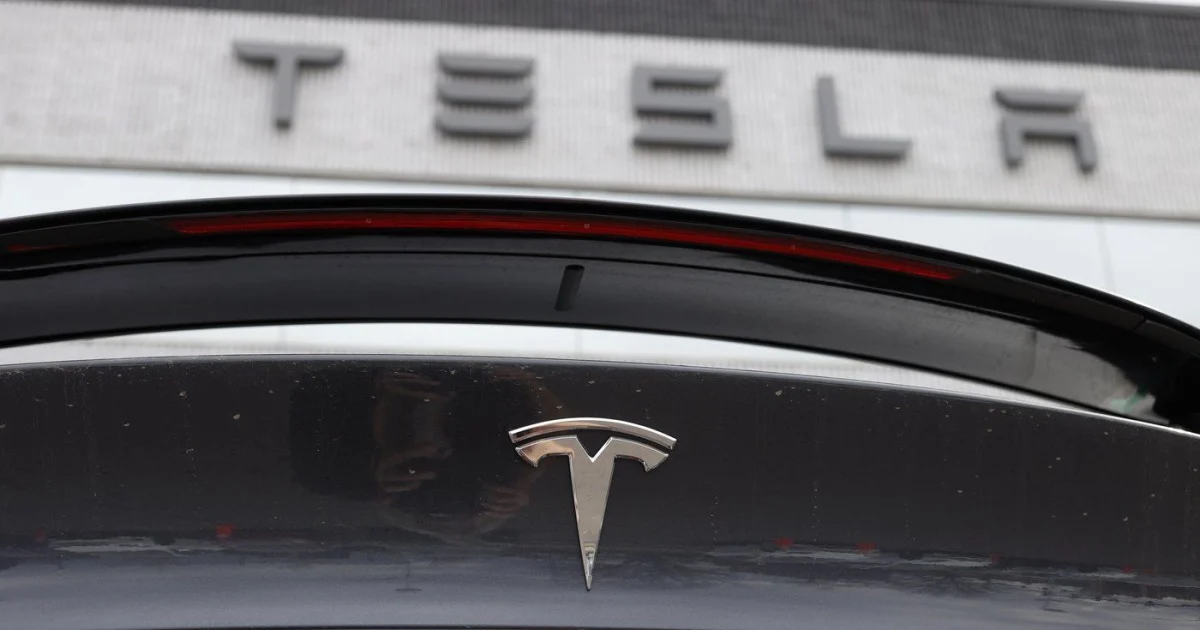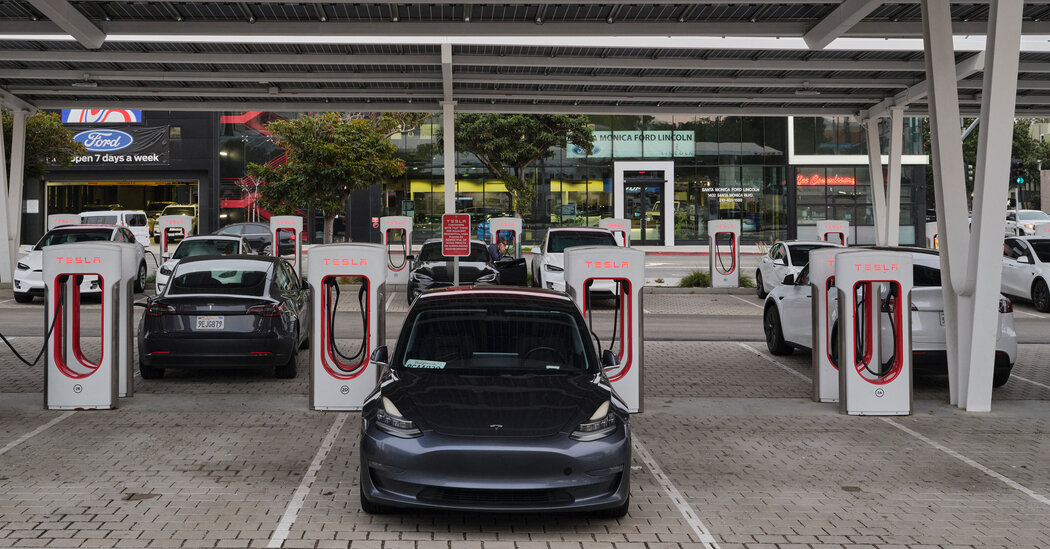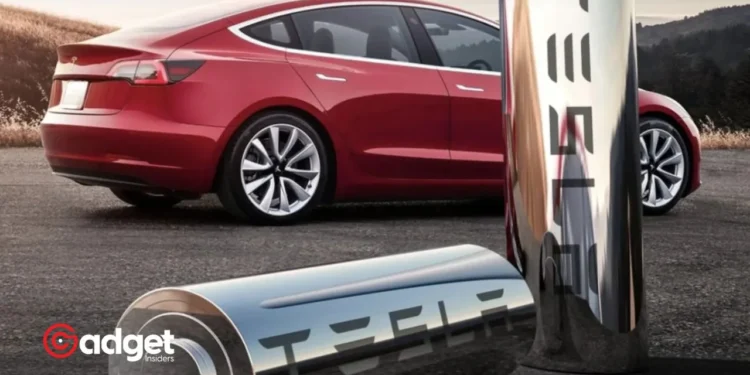In a turn of events that sounds straight out of a Silicon Valley thriller, Tesla finds itself at the center of a controversy that could easily overshadow the latest episode of any tech-centric drama series. With its groundbreaking battery technology allegedly stolen by two former associates, the electric vehicle (EV) titan faces a new kind of challenge, one that pits it against intellectual theft and the potential ripple effects on its supremacy in the EV domain.
The Plot Thickens in Austin, Texas
On a seemingly ordinary day in December 2023, the tranquil cityscape of Austin, Texas, home to one of Tesla’s gleaming dealerships, became the backdrop for a story of intrigue and deception.
Two men, emboldened by ambition or perhaps blinded by the allure of quick success, stand accused of pilfering secrets critical to Tesla’s pioneering battery technology. This alleged theft wasn’t just a minor hiccup but a calculated move to siphon off the lifeblood of Tesla’s innovation to power their entrepreneurial ventures.

The Duo Behind the Heist
The narrative took a dramatic turn when Klaus Pflugbeil, one of the accused, was apprehended amidst plans to peddle the stolen data. His accomplice, Yilong Shao, managed to evade capture, adding a layer of mystery to the unfolding drama.
Charged with conspiracy to transmit trade secrets, their actions have sparked a legal battle with implications far beyond the confines of the courtroom.
This incident isn’t merely about the unauthorized sharing of information; it’s a testament to the lengths individuals might go to leverage insider knowledge for personal gain. It raises pressing questions about the sanctity of intellectual property rights and the vulnerability of industry leaders like Tesla to espionage.

The Implications: A Shock to the EV Ecosystem
Peeling back the layers of this scandal reveals a complex web of ambition and subterfuge. The accused were once part of a Canadian firm, later absorbed by Tesla, bringing under its umbrella a treasure trove of proprietary technology that promised to revolutionize battery manufacturing. This technology, the cornerstone of Tesla’s competitive edge, became the target of their alleged scheme.
The acquisition of Hibar Systems by Tesla in 2019 marked a pivotal moment, with Tesla fortifying its position in the battery technology arena. This move, however, unwittingly set the stage for the current predicament.
The repercussions of this incident extend beyond Tesla, threatening to send shockwaves through the entire electric vehicle sector, challenging notions of innovation, competition, and the integrity of trade secrets.
Two individuals are accused of leveraging the stolen technology to establish their own enterprise.https://t.co/qhqhvhjyyi
— Tech Times (@TechTimes_News) March 20, 2024
A Closer Look at the Accused’s Ambitions
The audacity of Pflugbeil and Shao’s endeavors is underscored by their efforts to establish a rival entity in China, effectively attempting to mirror Tesla’s success by exploiting its innovations. Their venture, spanning continents from Canada to Brazil, aimed to replicate Tesla’s battery assembly line technology, positioning themselves as a formidable competitor in the market.
The gravity of this situation is magnified by the defendants’ alleged disregard for the painstaking research and development undertaken by Tesla, efforts amounting to millions of dollars and countless hours of innovation.
This blatant act of intellectual piracy highlights the precarious balance between open innovation and the safeguarding of proprietary knowledge in the tech industry.

Tesla’s Battery Secrets: A Call to Arms for Innovation Protection
As Tesla grapples with the fallout of this alleged theft, the incident serves as a stark reminder of the vulnerabilities faced by pioneers in the tech space. It underscores the necessity for robust mechanisms to protect intellectual property and the need for vigilant enforcement of laws to deter such acts of espionage.
The saga of Tesla’s stolen battery technology secrets isn’t just a cautionary tale; it’s a clarion call for the industry to reevaluate the sanctity of innovation and the measures in place to protect it.
As the legal proceedings unfold, the eyes of the world will be watching, waiting to see how this high-voltage drama resolves and what it means for the future of electric vehicles and the sanctity of intellectual property.










